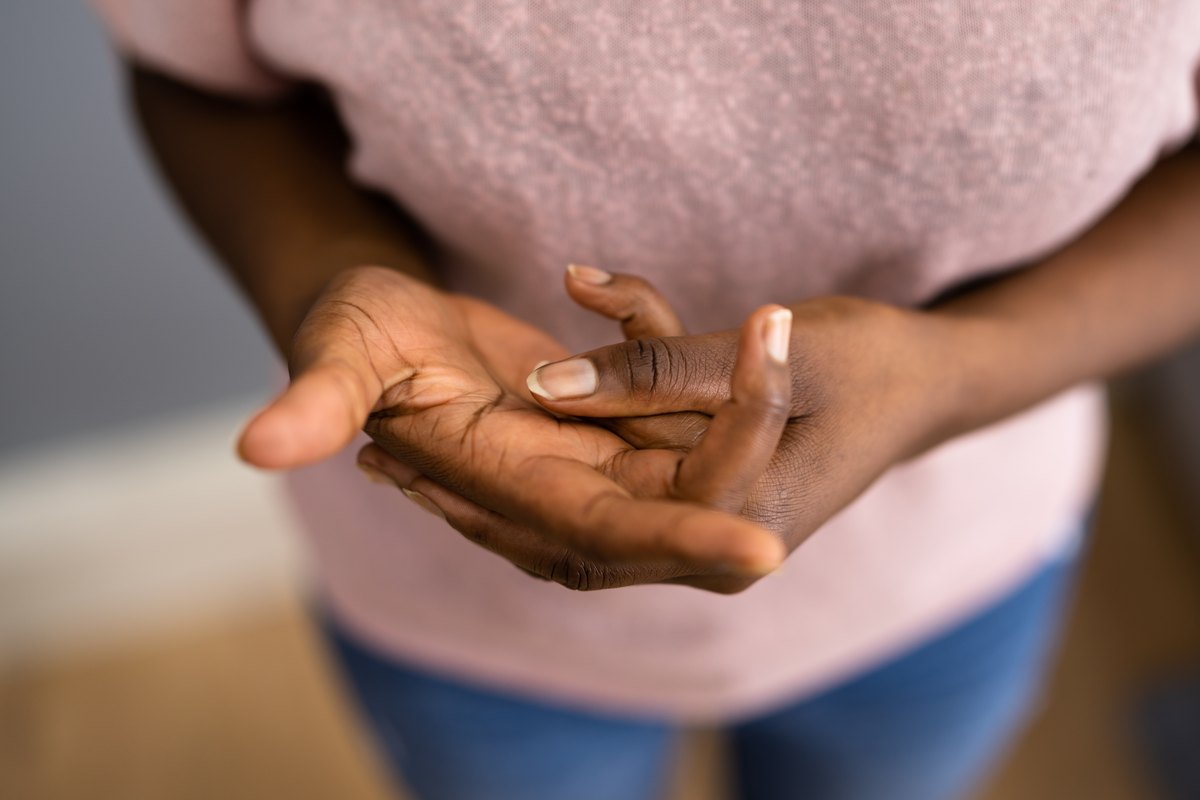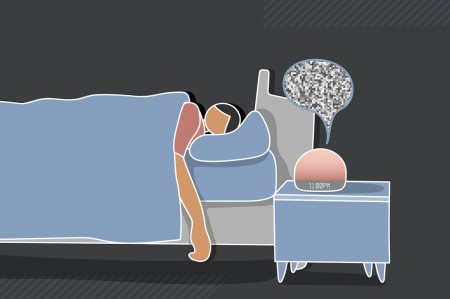
Advertisements
We all have our habits: Procrastinating, knuckle cracking, drinking too much caffeine — you know the deal. But if you're looking to quit yours, then how long does it take to break a habit?
Video of the Day
First, to gauge whether a habit is helpful or harmful, performance psychologist Haley Perlus, PhD, recommends asking yourself:
- Does my habit jeopardize my physical or mental health?
- Does my habit waste my energy and time?
- Does my habit prevent me from accomplishing my goals?
If you answered yes to any of these questions, your habit isn't useful. "Once the habit is not beneficial to you — like biting your nails or texting while driving — you should take it as a sign to try and break it," Perlus says.
Here, Perlus explains how long it takes to kick a habit to the curb, plus tips for how to do it successfully.
Advertisements
Tip
While some research says it takes about two months to break a habit, there's no definitive timeline. What's most important is staying consistent in your efforts to stop a behavior.
How Many Days Does It Take to Break a Habit?
Turns out there's no magic number for how long it takes to break a habit. "The amount of time it may take can vary from person to person and depends on the kind of habit you're trying to stop," Perlus says.
That's what researchers of a small July 2009 study in the European Journal of Social Psychology concluded as well. It took anywhere from 18 to 254 days to alter a habit for participants who were trying to change a behavior related to more nutritious eating, drinking or exercise. Most people fell somewhere in the middle, taking an average of 66 days to shift their routine patterns.
Still, this number isn't set in stone, and newer, larger studies are needed to better establish an average timeline.
Plus, everyone's situation is unique. So rather than focus on time, concentrate on consistency, which appears to be the key to kicking a habit in the long run. Case in point: The same researchers found that those who repeated a behavior most frequently — especially early in the process — had better outcomes.






